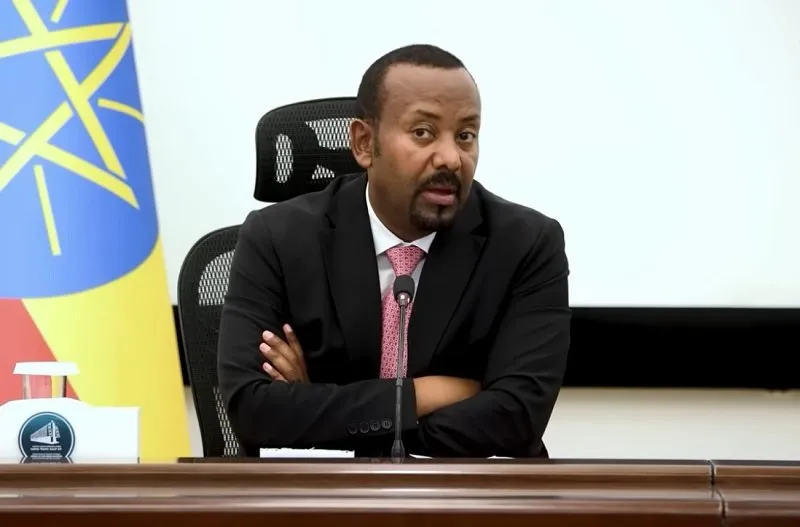Ethiopia is undergoing a visible transformation. In the capital Addis Ababa, once rubble-filled streets are giving way to high-rise apartments, parks, and bicycle paths. Prime Minister Abiy Ahmed’s vision for a modern capital reflects a wider ambition: to liberalise and revitalise one of Africa’s historically state-led economies.
Following years of centrally planned growth and state dominance, Ethiopia — with over 135 million citizens — has started easing restrictions and opening key sectors to global investors. The liberalisation push gained pace after the country defaulted on its external debt in 2023, following years of civil war and economic strain. Seeking international support, Ethiopia entered a $3.4 billion agreement with the International Monetary Fund (IMF) — roughly 3% of its GDP — prompting a range of reforms aimed at attracting foreign capital and stabilising the economy.
These changes include floating the national currency, the birr, removing barriers to foreign ownership in property and retail, easing restrictions on profit repatriation, and launching a national stock exchange. Parliament has also passed laws to privatise major state-owned enterprises. In a sign of global backing, the World Bank pledged $1 billion in aid and soft loans, while China and other creditors agreed to restructure around $3.5 billion in external debt.
According to the central bank, inflation has eased significantly — falling to 14.4% in May from 23% a year earlier — and the fiscal deficit has narrowed. The devalued birr has made Ethiopian exports, including coffee and gold, more competitive, slightly easing the hard currency crunch. The IMF estimates that the economy grew 7.2% in the fiscal year ending July.
Yet the overall picture is mixed. While infrastructure projects and headline reforms showcase progress, concerns remain about implementation, reliability of data, and growing inequality. The IMF itself has raised doubts about Ethiopia’s statistical transparency. The World Bank, citing uncertainties related to the currency’s rapid depreciation, said it could not produce a reliable estimate for Ethiopia’s national income this fiscal year.
Analysts caution that Ethiopia’s reforms, although ambitious, could falter if weakened by corruption, mismanagement, or renewed conflict. Energy consumption suggests the economy is expanding, but likely at a slower pace than official numbers indicate.
Despite these hurdles, the reforms mark a decisive break from decades of economic isolation. Whether Ethiopia emerges as a regional growth engine or is derailed by governance challenges depends on how it balances liberalisation with inclusivity, transparency, and political stability.



